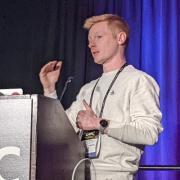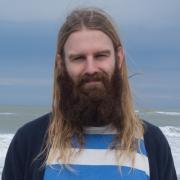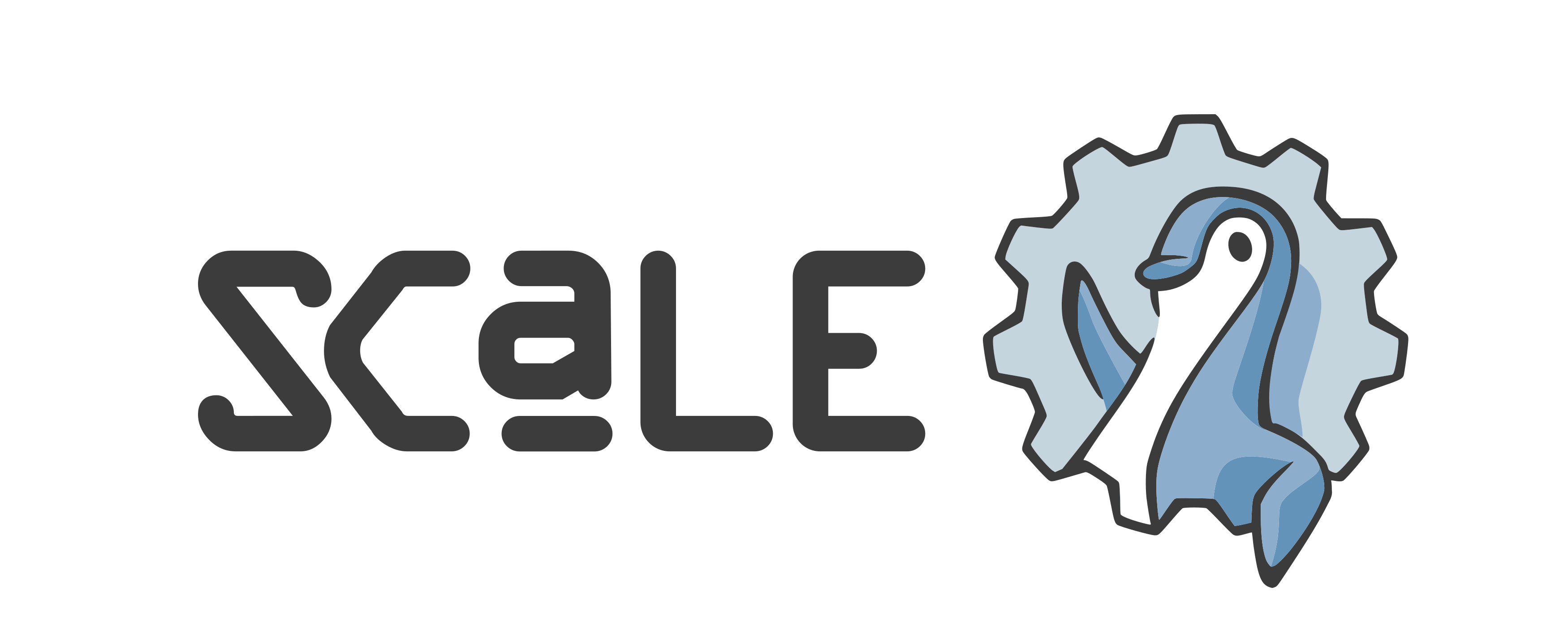Presentations

As observability evolves to provide deeper performance insights through profiling and eBPF, Fluent Bit continues to push the boundaries of data collection and processing. This session will cover everything from traditional logs, metrics, and traces to profiling with eBPF: one of the latest signal additions in Fluent Bit.



In this hands-on workshop attendees will learn the basics of how to use Argo Rollouts to progressively roll out apps. In this lab you will learn how to:
* Review the Rollouts specification
* Use Rollouts to perform a blue-green deployment
* Update the image with continuous integration and observe the blue-green progressive delivery in action
* Enhance the blue-green rollout with integrated testing by applying an AnalysisTemplate
* Update the image again and review how the AnalysisTemplate works
* Use Rollouts to perform a canary deployment with progressive delivery
Upgrading between major versions of CentOS Linux was always a pain, and required tons of manual labor. Project ELevate is an open source upgrade tool that allows you to move between major versions of many of the most popular RHEL-equivalent operating systems without the tedium of moving your content! Come talk to the maintainers of this project, learn how you can use it in your environment, and discuss ideas for improving it! https://almalinux.org/elevate/

Zuul is a project gating system, which is like a CI/CD system that is primarily focused on ensuring multiple changes are well-tested with each other before being merged.
Learn what makes Zuul unique, how it's used in Open Source projects like OpenStack as well as in the enterprise, and how you can get started using it to stop merging broken code.

Want to leverage the powerful features of the Nix ecosystem, but you don't want to learn the Nix programming language? This talk will show you how you can use Python and the python-nix library to easily create Nix packages in a way that it is appealing for both Nix and Python programmers.

Running RDO openstack on OKD kubernetes offers enterprises a unified, scalable solution that combines robust cloud infrastructure with efficient container orchestration, ideal for handling both cloud-native and legacy applications. This presentation highlights key benefits, deployment strategies, and best practices to optimize datacenter operations and enhance resource flexibility.

You've heard of observability, the the three pillars, and maybe even observability 1.0 vs 2.0. But, something's still missing. Our approach to observability is so technical it can miss the real value: a process through which one develops the ability to ask meaningful questions, get useful answers, and act effectively on what you learn
In an era of tight budgets and being stretched thin, executing an observability strategy that delivers meaningful impact can feel impossible. In this talk, we'll learn how to cross the chasm from theory into delivering value where it matters
In today’s world, we have advanced tools for testing and deploying apps, but internal engineering documentation is stuck in outdated practices like copy-pasting from wikis. Runme (runme.dev) rethinks documentation by turning Markdown into interactive Notebooks, using DevContainers for reliable dependencies, typed .ENV files for managing config/secrets, and cloud-native integrations. In just minutes, engineers can create interactive, testable docs that streamline processes and improve efficiency across teams.

Nix has builtin support for distributing builds to remote machines. In fact, any SSH-accessible computer with a Nix installation can be used as a build server! In this talk, I'll give an overview on how remote Nix builds work in practice, and talk about their possibilities and limitations. I'll also lift the lid on Nix and show how the remote builder protocol works. Finally I'll mention some improvements I'd like to see in Nix, based on my experience on implementing the nixbuild.net service.
